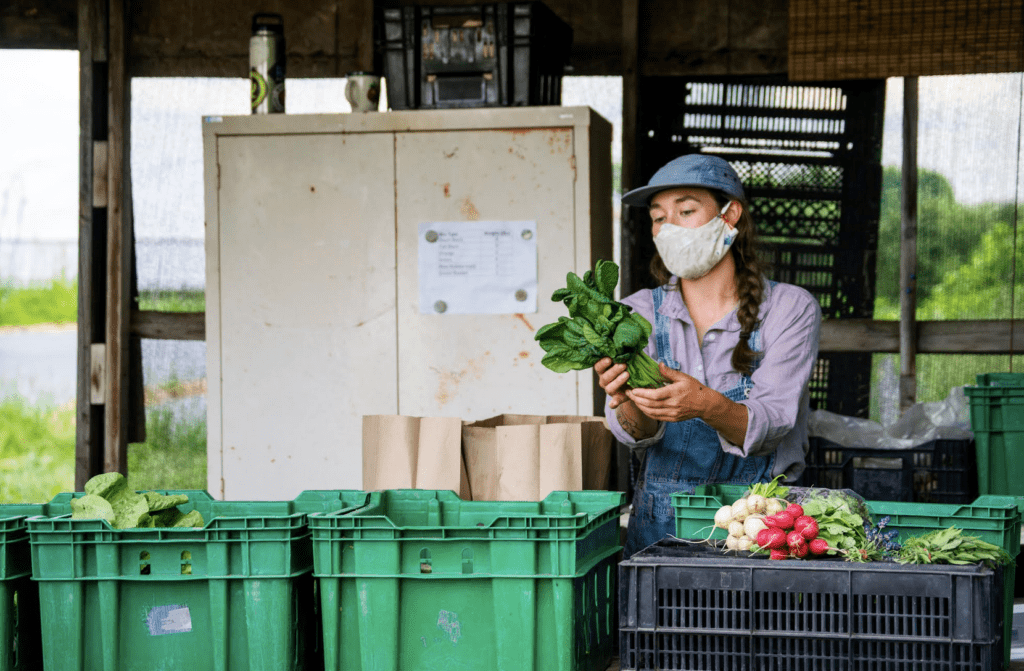Bold, Transformative Change Needed to Reduce Food Insecurity in Canada

October 19, 2021
In a recent national survey, the number of Canadians going hungry ranked third among social issues people care about. Two-thirds believe that now is the time for government to seriously address social issues like poverty, racism and inequality. It’s proof that the COVID-19 pandemic has made us aware of just how close to the edge many people live. It has given us the opportunity to make bold, transformative changes.
Food insecurity is one of the most visible signs of cracks in our social safety net. One in eight households in Canada, or 4.4 million people, struggle to put food on the table. Hardworking people are forced to compromise the quality and quantity of the food they buy for their families so they can pay fixed expenses, like rent and heat. It’s a choice no one should have to make but is truly unconscionable in a nation as rich as ours. For some, food banks provide temporary relief. But food banks are the first to say that they’re not the answer. Food charity won’t solve food insecurity.
If you’re Indigenous or Black, you’re three times more likely to be food insecure. In addition to income, geography and mental and physical health also create barriers to food security. Health suffers, self-esteem suffers, human potential suffers
Stereotypes help place distance between people who can readily afford the basics and people who struggle with poverty and hunger. There is a widening gap in Canada between people who can’t get enough to eat, and people who have so much to eat that they take it for granted. If you’re Indigenous or Black, you’re three times more likely to be food insecure. In addition to income, geography and mental and physical health also create barriers to food security. Health suffers, self-esteem suffers, human potential suffers.
We must remind ourselves that hunger isn’t just a problem for other people in far-off places. It’s a reality that haunts more than 4 million people in Canada. The federal government’s recently launched Food Policy for Canada has at the core of its vision a country where all people can access a sufficient amount of safe, nutritious and culturally diverse food. This is an inspiring national vision. Now let’s achieve it.
We are calling on Canada to set a goal to reduce food insecurity by 50 percent by 2030. Clear goals catalyze commitment, progress and accountability. Social change happens because people get behind it. We make noise. We band together. We commit and contribute. We have the means and the public will. Let’s act now. Because at its heart this is a social justice issue, not a food issue or a matter of charity.
This is the vision of Canada we must get behind. A place where all people have access to the fundamentals of life, with good food as a basic denominator, to feed our collective potential.
Michael McCain is President and CEO of Maple Leaf Foods Inc.
